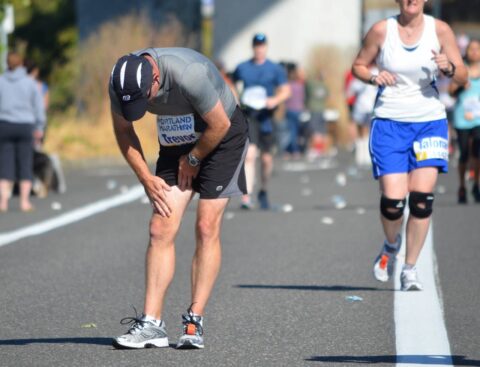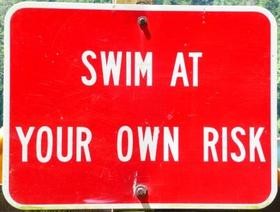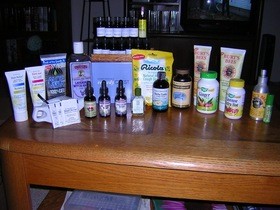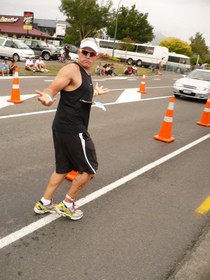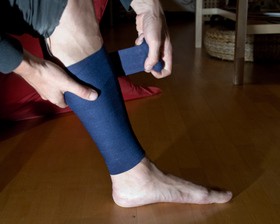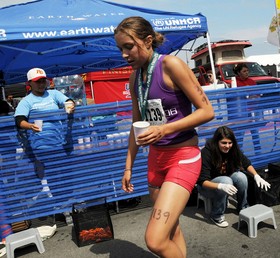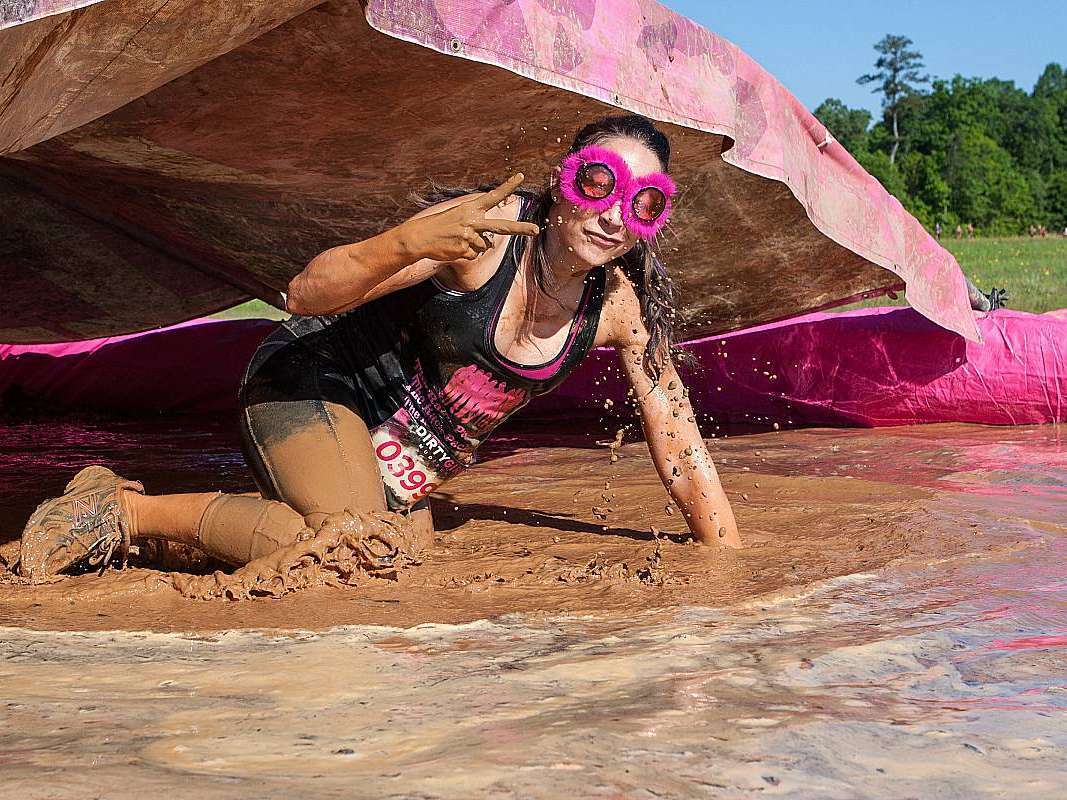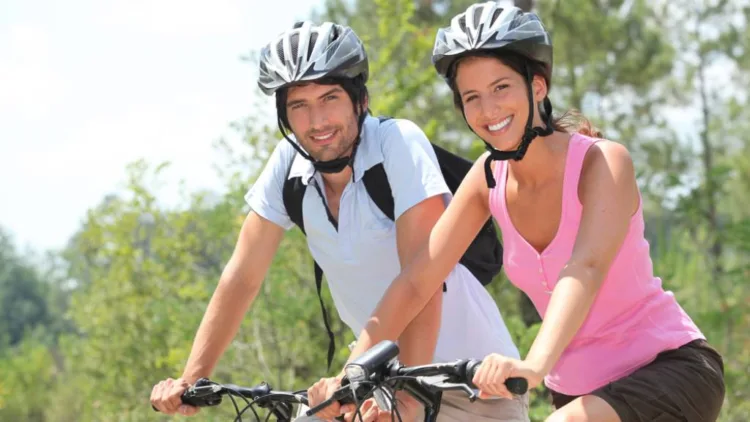
Outdoor FunSports InjuriesUltrarunning Training Tips
From alternative health care options for athletes to insider secrets for dealing with sports injuries common to runners, cyclists, and swimmers, these tips will help you deal with your aches and pains along the way.
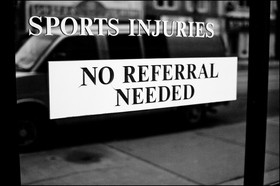
If you have a recent sport injury, you're probably wondering how this is going to affect your training. Each triathlete and each injury is unique. Returning too soon can increase your risk of re-injury or developing a chronic problem that will lead to a longer recovery. Waiting too long can lead to unnecessary de-conditioning.
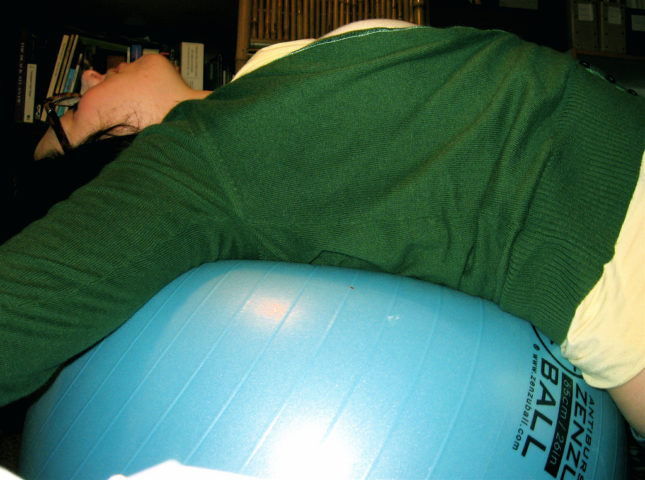
Between 2 and 6 million Americans suffer serious back pain every year. At some point in their lives, 4 out of 5 adults will suffer a pain severe enough to warrant medical care. In one study of Ironman triathletes, 91% had suffered at least one soft-tissue overuse injury during the previous year's training. Spine injuries were most common, with 72% of the triathletes reporting lower back pain.
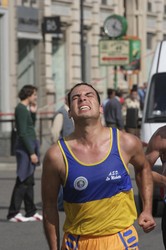
Though muscle cramps can come during the swim or bike portion, they are more common during the run since a person is more susceptible to fatigue or dehydration nearing the latter states of a triathlon. Here's why you get muscle cramps, plus what you can do to prevent them, and ultimately treat them.

